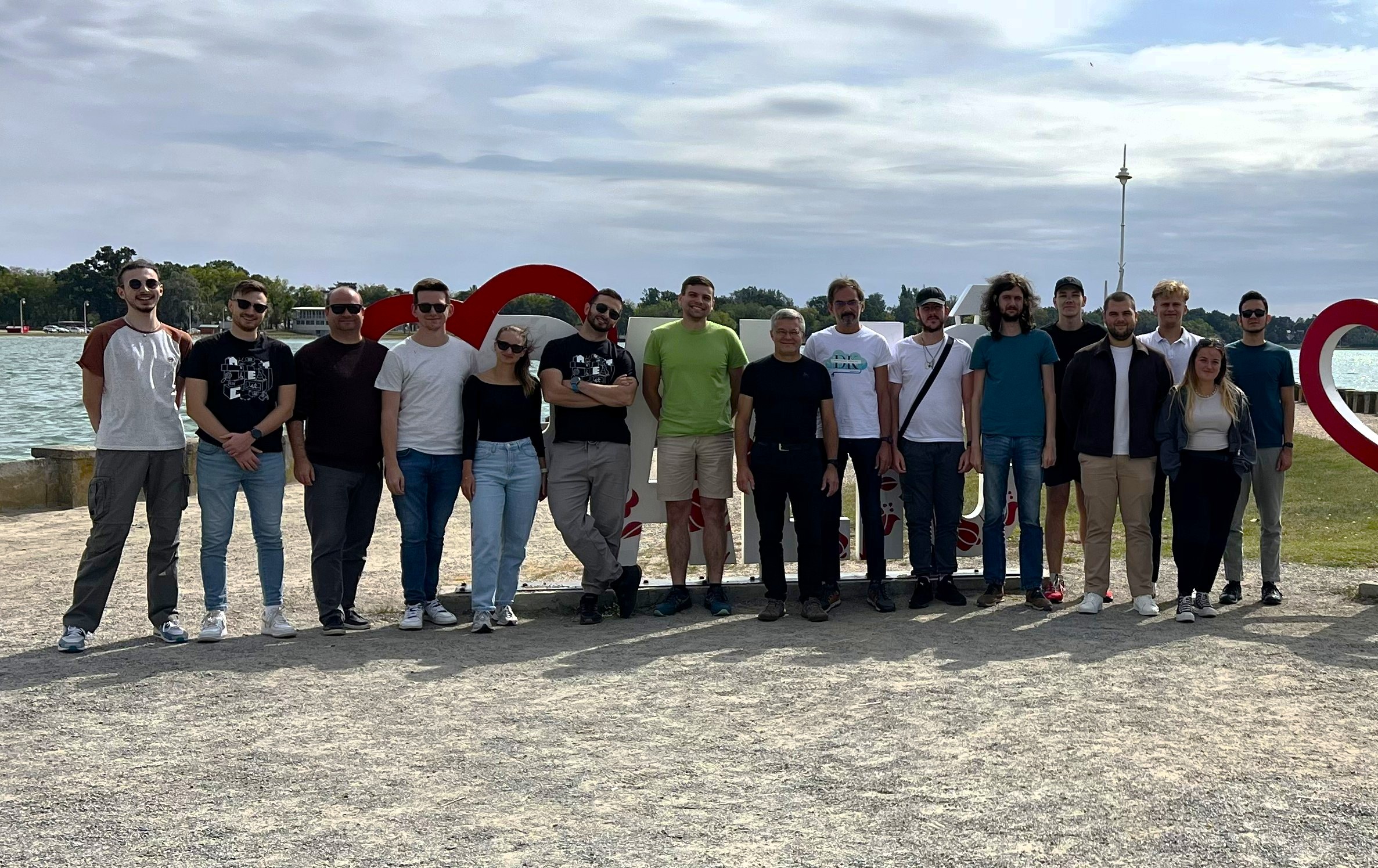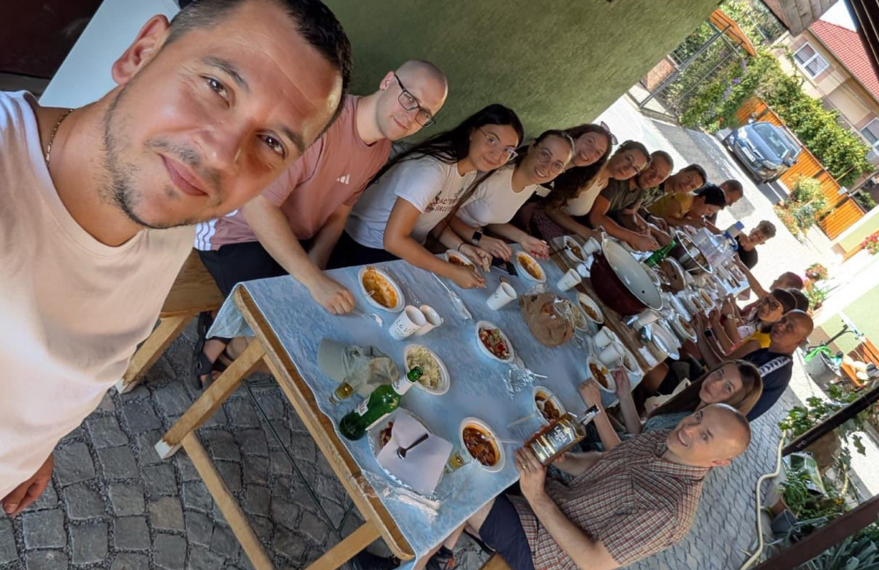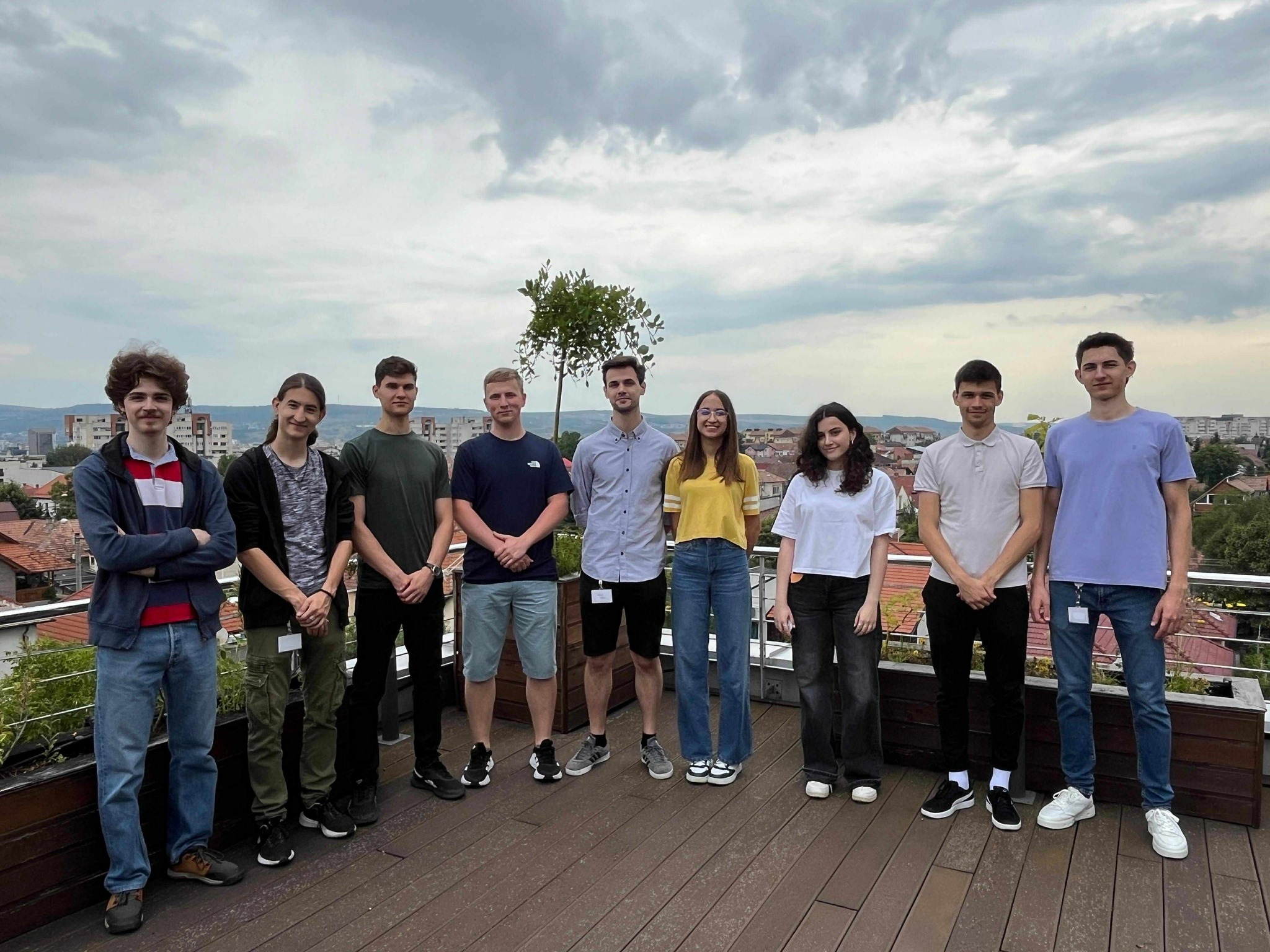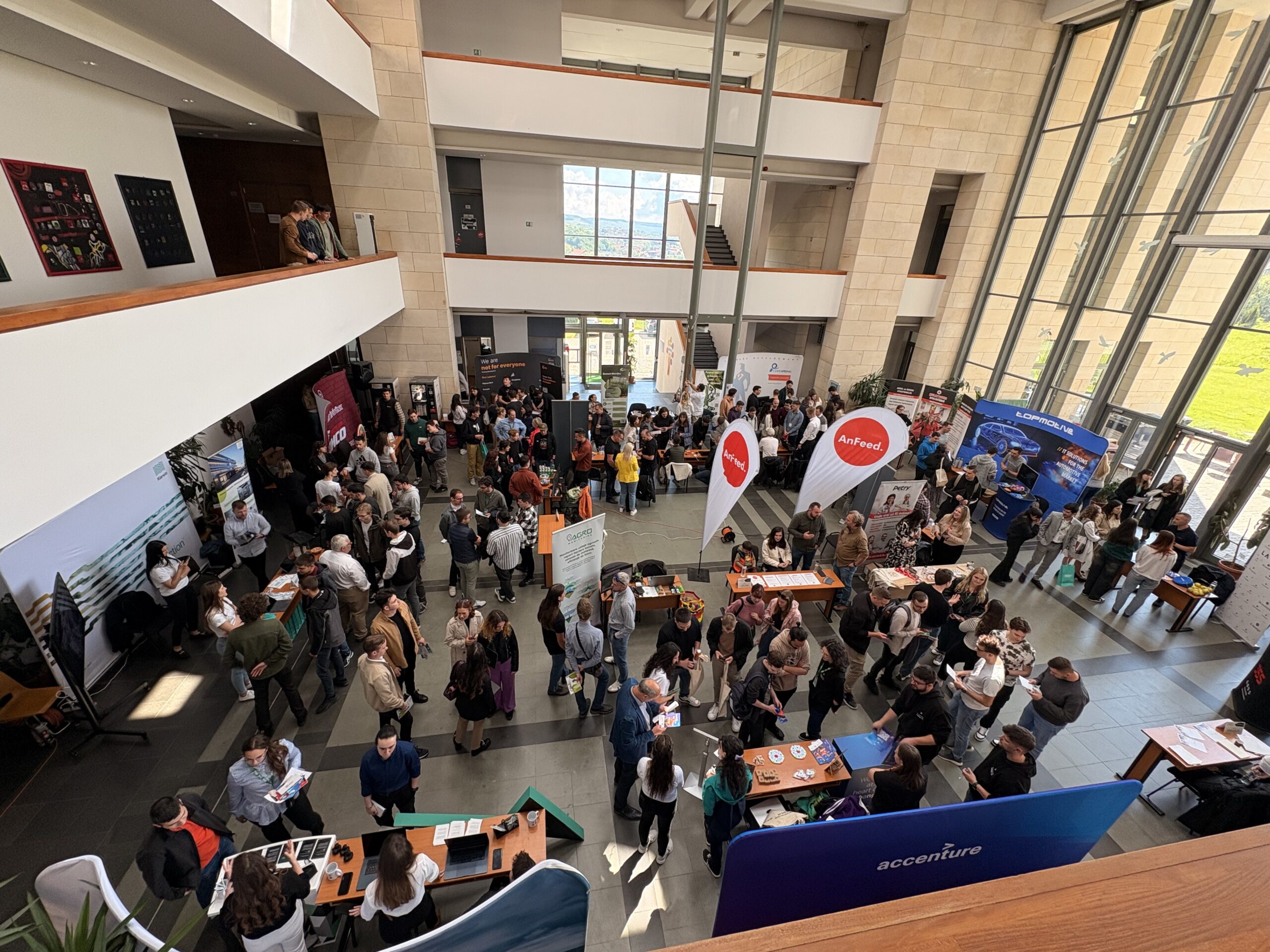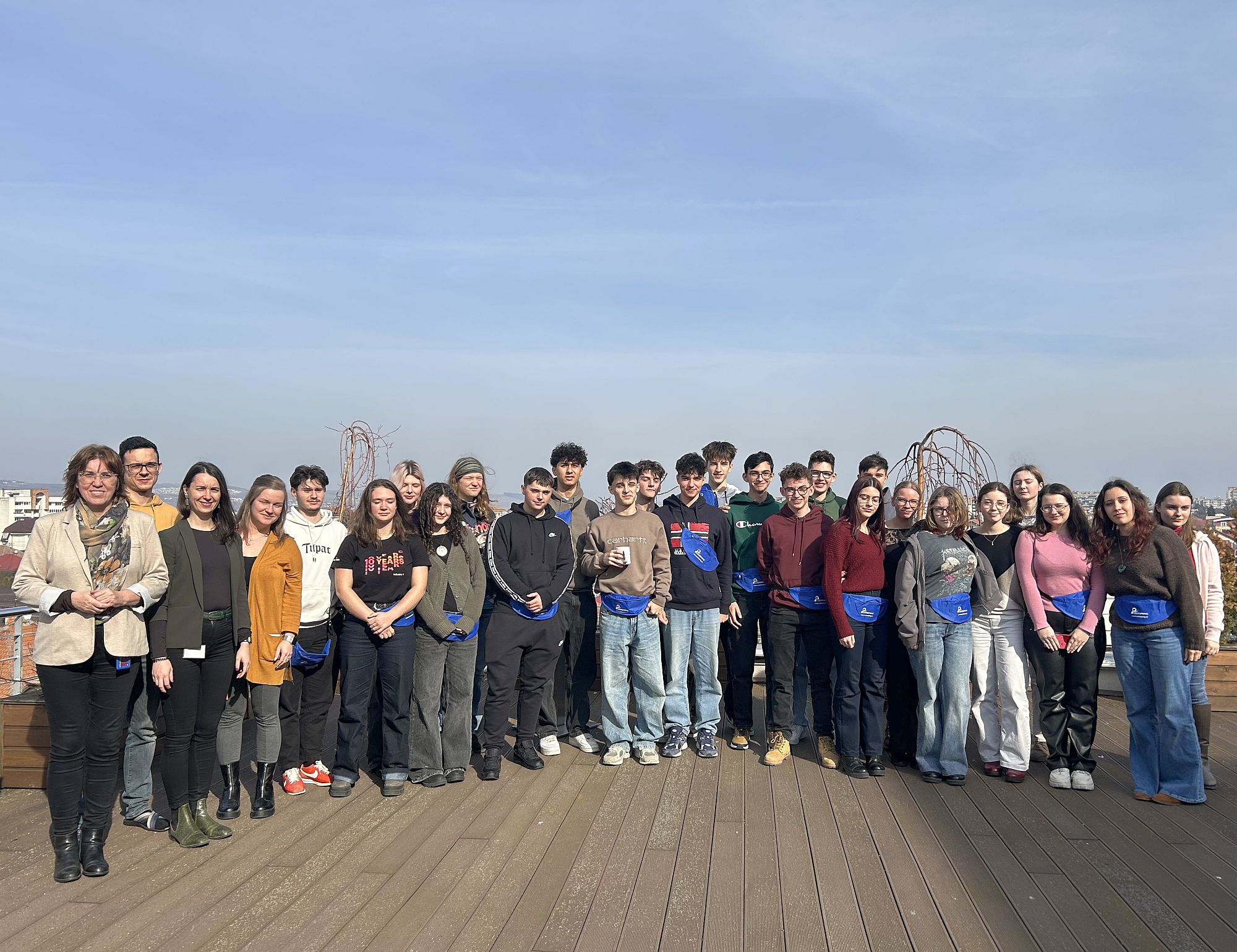
In order to have a better understanding of the reasons why Cluj-Napoca climbed the top, Mr. Andrei Panait authored a detailed article on this topic on the Romanian Forbes online publication. The full article may be found here: http://www.forbes.ro/articles/forbest-best-cities-2016-locul-2-cluj-napoca-ascensiunea-continua-53906
The Methodology
The methodology for building the ranking was the same as in 2015: the analysis included 10 main criteria (GDP per county, GDP per capita, the number of companies with foreign capital, the monthly salary, the unemployment rate, the number of active businesses, the road infrastructure, the railway infrastructure, the residential building stock, the number of education institutions. The data has been collected via the National Institute of Statistics, the National Forecast Commission, the National Trade Register Office, the Ministry of Public Finance and the online platform listafirme.ro
Main Business Sectors
As shown in the article, even if when one says Cluj one thinks of IT, industrial parks and real estate, the top 10 companies in the city arise from diverse economic sectors. The 1st and the 3rd ranked companies are actually from the utility sector (electricity and water supply & distribution), while the 2nd is from the pharmaceutical production sector. Next in rank we discover the local public transportation company, followed by a furniture production company. Up to the 10th place we may find companies from the energy, cosmetics, railway transportation, ceramics and software sectors.
The Role of the IT Sector in Cluj-Napoca Business Ecosystem
Considering the number of +300 IT companies that form the IT sector in Cluj-Napoca, without mentioning the companies from Cluj county, it is at hand to explain the boost of several economic segments.
Due to the notable development of IT companies, the real estate sector was influenced on multiple areas: office space (needed for the work offices), residential space (needed for actual living purposes), commercial space (needed for various lifestyle oriented businesses – gyms, shops, restaurants & bars, entertainment / amusement / recreational areas).
Subsequently, the actual commerce and specialized businesses have been propelled by the changing life style towards a modern, cosmopolite and healthy living.
The Local Authorities Strive to Provide Support
In the same article the author points out the efforts that the local authorities put in their projects to attract resources, investors and productive ideas. A special thank you note is to be done to the Office for Foreign Relations and Investors. The dedicated office tries to simplify the process and to guide the potential investors through the administrative procedures.
For more information on Cluj-Napoca, you may check our online materials:
http://www.codespring.ro/why-romania/why-cluj
photo source: http://www.forbes.ro/articles/forbes-40-cele-mai-bune-orase-pentru-afaceri-editia-2016-54040


